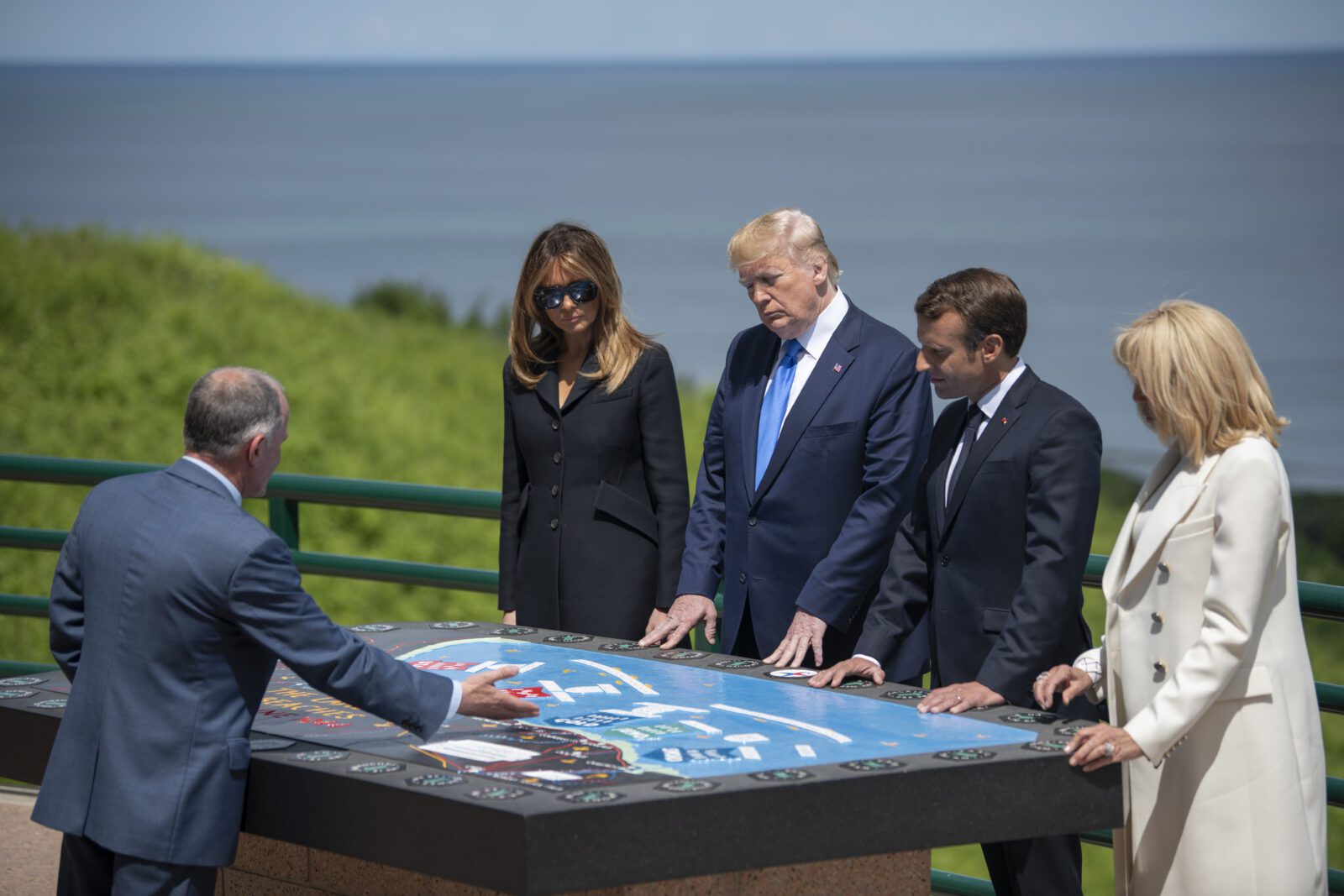Put America first but not alone

Mark’s contribution to Defense Priorities’ symposium on Trump 2.0
This article appeared in Defense Priorities on January 13, 2025
Joe Biden sought to resurrect US leadership in the world. His “America’s back” slogan appealed to a pre-Trump status quo.
If Biden uncritically touted the value of alliances and reflexively invoked an idealized rules-based international order, President-elect Trump risks making the opposite mistake: uncritically dismissing the value of alliances and reflexively jettisoning the norms of that order. After all, many of those alliances, and much of that order, though vestiges of other geopolitical eras and overdue for updates, have largely served US interests.
Trump and Trumpism are, among other things, a response to the discontents of current foreign policy conceits. Facing new geopolitical realities and domestic constraints, America can’t shape the world as it once did. Trump gives voice to the many Americans dissatisfied with how the United States previously shaped the world. Multilateral institutions can draw cumbersome rules and frameworks that bind America’s hands, and allies have typically passed the costs of their security onto American taxpayers.
But these new realities and constraints should lead Trump to reinvigorate rather than renounce alliances. As it confronts mounting debt, the US can hardly afford to continue being the primary counterbalance to Russia in Europe, Iran in the Middle East, and China in Asia. The less unipolar the world, the more important America’s alliances.
…
Read more of Mark’s article in Defense Priorities

Mark is the Chief Executive Officer of the Institute for Global Affairs at Eurasia Group and host of the podcast, None Of The Above.
This post is part of Independent America, a research program led out by Jonathan Guyer, which seeks to explore how US foreign policy could better be tailored to new global realities and to the preferences of American voters.




Don’t bring the war on terror to the Western Hemisphere